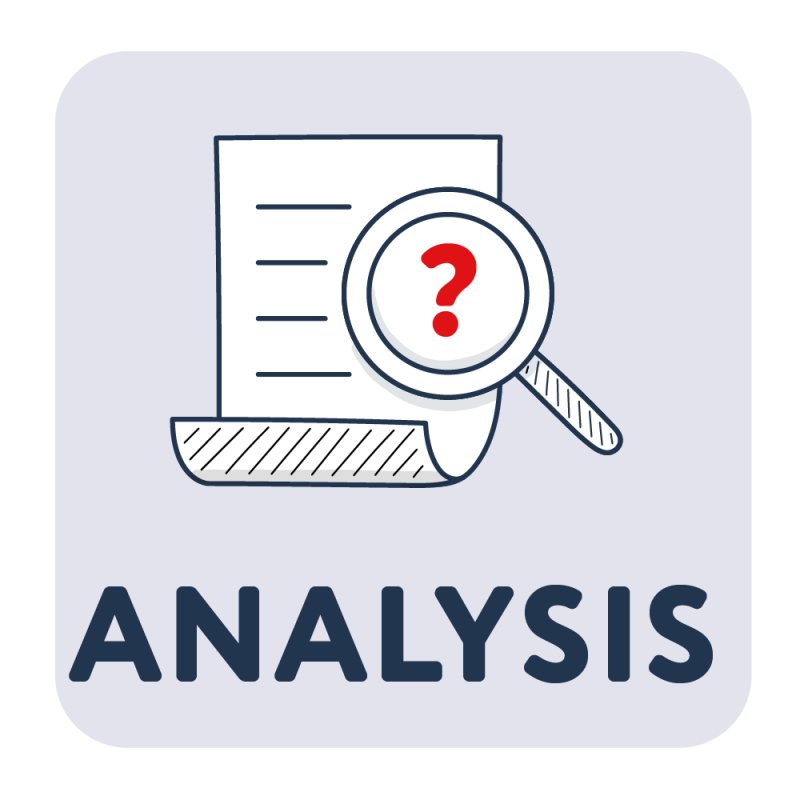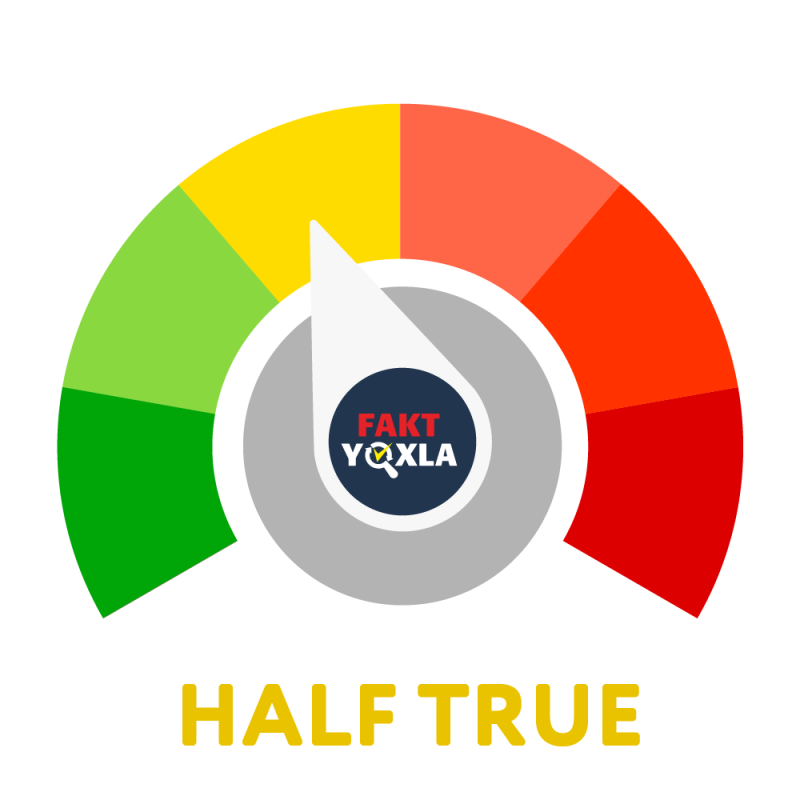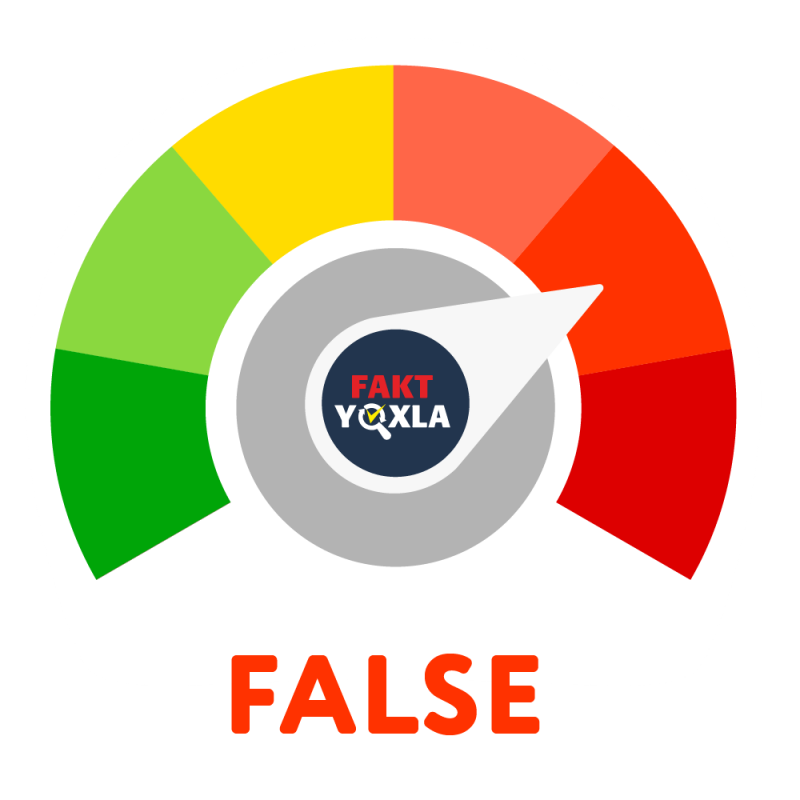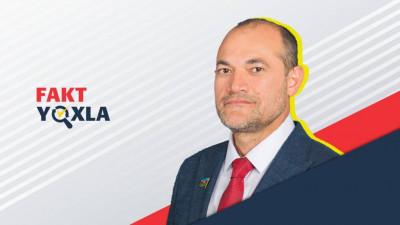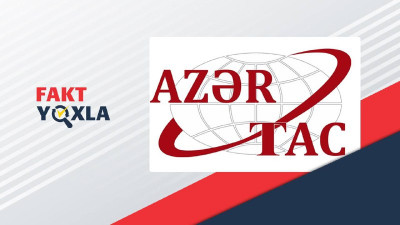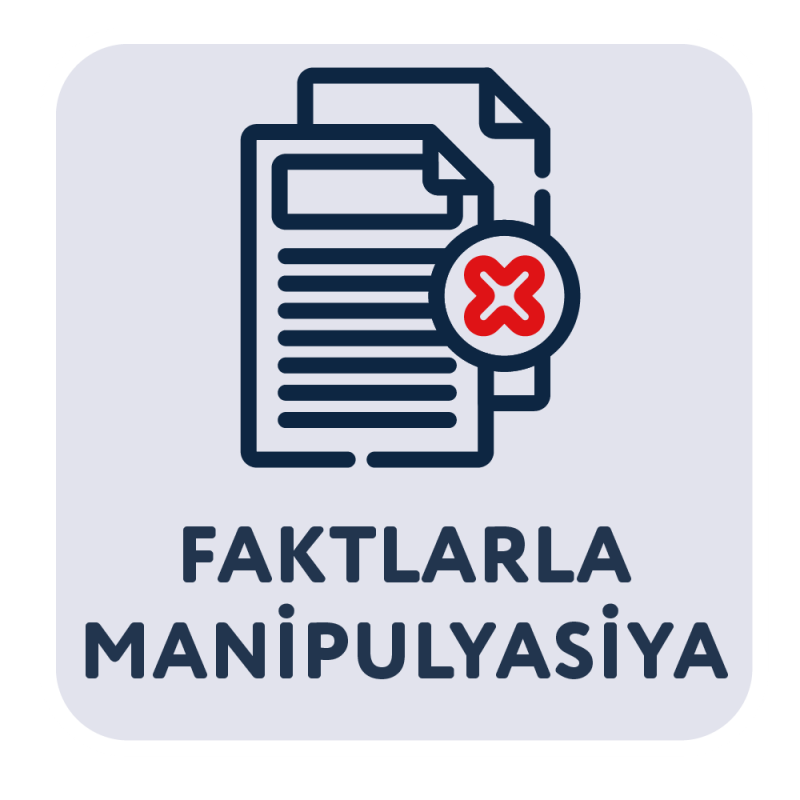The telegram channel named “Tipik İqtisadçı-Ekspert” (Typical Economist Expert) claims that LGBTQ+ individuals are more likely to be infected with the monkeypox virus.
Fakt Yoxla examined whether this claim was true.
About the virus
Monkeypox was first discovered in 1958 in a monkey colony kept for research. The first human infection with the virus was reported in 1970 in the Democratic Republic of Congo.
The virus, which began to spread in Central and West Africa, later spread to other continents as a result of travel and animal imports. According to the World Health Organization (WHO), as of May 21, the number of monkeypox infections was 92. Investigations are underway in 28 suspected cases.
Although the symptoms of this virus are similar to the symptoms of smallpox, they are mild. Early symptoms begin with fever, headache, muscle aches, and fatigue. Unlike smallpox, monkeypox causes swelling of the lymph nodes.
The incubation period of the monkeypox (from infection to symptoms) is usually 7-14 days; however, this period can also vary between 5-21 days.
Who and how can be infected with the virus?
Monkeypox can be transmitted through close contact with damaged skin tissues, body fluids, respiratory drops, or used bedding.
According to the WHO, the main risk groups include people who have close physical contact with people infected with monkeypox. The organization also stressed that limiting this risk group to the LGBTQ+ community is not the right approach.
In an interview with Newsweek, Mike Skinner, a virologist at the Department of Infectious Disease at Imperial College London, said that monkeypox may also be spread in heterosexual communities. He cautioned those who spread information about the virus against focusing on the sexual orientation of those infected.
According to the virologist, “If a young, sexually active heterosexual is infected, and his contacts have same proclivity, then it could spread in the way we're seeing at moment, albeit within those of different orientation. So we shouldn't be focusing on sexuality but on numbers of close/intimate contacts, not one-on-one but in the extended contact network.”
The Joint United Nations Programme on HIV/AIDS (UNAIDS) has urged media outlets, governments, and communities to respond with a rights-based, evidence-based approach that avoids stigma.
“Stigma and blame undermine trust and capacity to respond effectively during outbreaks like this one,” said Matthew Kavanagh, UNAIDS Deputy Executive Director.
“Some cases have been identified through sexual health clinics in communities of gay, bisexual and other men who have sex with men. It is important to note that the risk of monkeypox is not limited to men who have sex with men. Anyone who has close contact with someone who is infectious is at risk,” the WHO said in a statement on May 25.
Thus, the Telegram channel “Tipik İqtisadçı-Ekspert” took information about the virus out of context and disseminated homophobic stereotypes against LGBTQ+ individuals. The risk of infection with monkeypox is equally high for both the members of this community and heterosexuals.
Fakt Yoxla concludes that the post shared by the Telegram channel “Tipik İqtisadçı Ekspert” about the monkeypox is a Manipulation of Facts.





